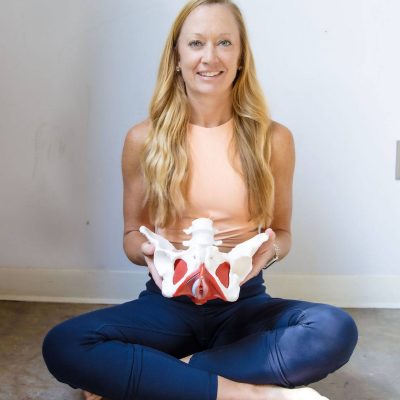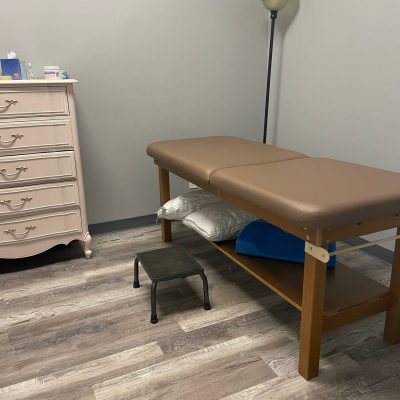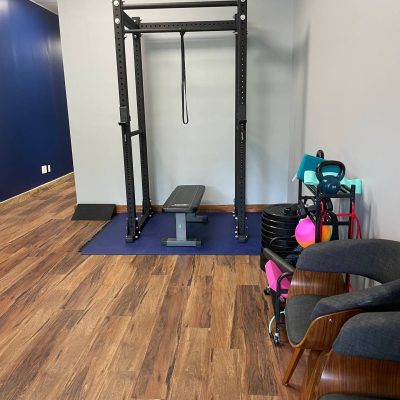Numerous women are not being adequately educated by their doctors about adhesions. A minimal proportion of women are even aware of the presence of adhesions. These adhesions, often referred to as “scar tissue,” are essentially formations of scar tissue within the body. Once these adhesions form, the body lacks mechanisms to manage them, resulting in their persistence and potential spread to surrounding structures.
Adhesions comprise tiny collagen strands that develop around injured tissue as the initial step in the body’s healing process. Common areas where adhesions form include regions previously affected by infection, inflammation, or endometriosis. Pelvic adhesions can give rise to a range of female health issues, spanning from infertility to persistent pain, including discomfort during intercourse. If you have undergone surgery, experienced an injury, infection, or endometriosis, there’s a considerable likelihood that you have developed adhesions. We have prepared a concise guide to help you determine whether you have adhesions following surgery.
What triggers the occurrence of pelvic adhesions?
- Surgery – Research indicates that 44% to 93% of individuals who undergo pelvic surgery can experience the development of pelvic adhesions. Cutting into the delicate tissues surrounding reproductive structures can lead to scar tissue growth around the healing site. A large number of women we treat for secondary infertility or chronic pelvic pain have undergone prior procedures such as C-sections, hysterectomies, cholecystectomies, or appendectomies.
- Inflammation – Recurrent inflammation is a prevalent factor contributing to the formation of adhesions. Pelvic inflammatory disease (PID) substantially contributes to infertility and pain cases we encounter. Persistent inflammation prompts the growth of scar tissue in the pelvic region, often around the fallopian tubes or ovaries.
- Infection/STIs – Sexually Transmitted Diseases (STDs) can result in chronic infection and inflammation, fostering the growth of scar tissue within the pelvis. Prolonged untreated infections or STDs lead to escalated adhesion formation, as the body endeavors to enclose and control the infection. One of the chief causes of blocked fallopian tubes stems from untreated infections like chlamydia or gonorrhea.
- Trauma – Activities like contact sports, car accidents, falls, or work-related injuries can prompt the development of pelvic adhesions. Since the initial response of the body to healing is to generate adhesions to enclose and isolate the injury, almost everyone harbors adhesions somewhere in their body.
- Chronic conditions – Conditions that lack definitive cures and recur periodically are categorized as chronic conditions. Two conditions contributing significantly to pelvic adhesions are polycystic ovarian syndrome (PCOS) and endometriosis. Both conditions share attributes leading to adhesion formation, including chronic inflammation and abnormal growths within the reproductive tract. PCOS derives its name from the cysts forming on the ovaries, which, along with the surgeries required to remove them, induce adhesions. Endometriosis refers to the presence of endometrial tissue outside the uterus. Inflamed endometriomal tissue fosters the development of scar tissue around the site, culminating in issues such as endometriosis-related infertility, pain during menstruation, bowel and bladder dysfunction, and painful intercourse.
- Radiation Therapy – Numerous former cancer patients have sought treatment for chronic pelvic pain due to radiation therapy. This treatment can lead to substantial scarring and mechanical dysfunction within a woman’s abdomen and pelvis. These patients often describe their pain as a persistent “stuck” or “tight” sensation.
Conditions Arising from Pelvic Adhesions
- Blocked fallopian tubes – One of the most prevalent forms of infertility stemming from adhesions is the obstruction of fallopian tubes. Adhesions wrap around delicate structures within the reproductive tract, obstructing the normal functioning of the reproductive system. Adhesions can impede the passage of sperm through the fallopian tubes, hindering egg fertilization. Fluid can also accumulate within the fallopian tube, also reducing chances of conception.
- Unexplained infertility – Adhesions are not discernible through most diagnostic tests. Confirming the presence of adhesions necessitates exploratory surgery to directly visualize them. Unfortunately, as most patients are unaware of adhesions, they don’t consider the possibility that their infertility could be attributed to adhesions. This leads to numerous women enduring unexplained infertility.
- Chronic pain – The patients affected by adhesions frequently describe sensations of being trapped, taut, immobile, and persistently uncomfortable. Given that adhesions bind to structures, causing perpetual tension, the prevalence of chronic pain among individuals with adhesions is vast.
- Sexual dysfunction – Pelvic adhesions can cause pain with intercourse and sexual dysfunction, including lack of desire and arousal, inability to orgasm (anorgasmia), decreased natural lubrication, and pain during and after penetration.
Holistic Approach to Treating Pelvic Adhesions
Manual Physical Therapy, specifically Visceral Mobilization, is a non-surgical and wholly natural treatment strategy for the treatment of pelvic adhesions. Magic City Physical Therapy provides hands-on therapy aimed at detaching and weakening adhesions within the body. Our foremost goal is to aid patients in achieving natural pregnancies, leading pain-free lives, and evade future surgeries. Our clinic has therapists highly trained in techniques such as Mercier Therapy, the Vodder method of Manual Lymphatic Drainage, and general Visceral Mobilization to assist in reducing these adhesions within the abdominal and pelvic cavity.
Weibel M-A, Majno G. Peritoneal adhesions and their relation to abdominal surgery. A postmortem study. Am J Surg. 1973;126:345–353.
Bove, G.M., Chapelle, S.L., Visceral mobilization can lyse and prevent peritoneal adhesions in a rat model, Journal of Bodywork & Movement Therapies (2011), doi:10.1016/j.jbmt.2011.02.004







